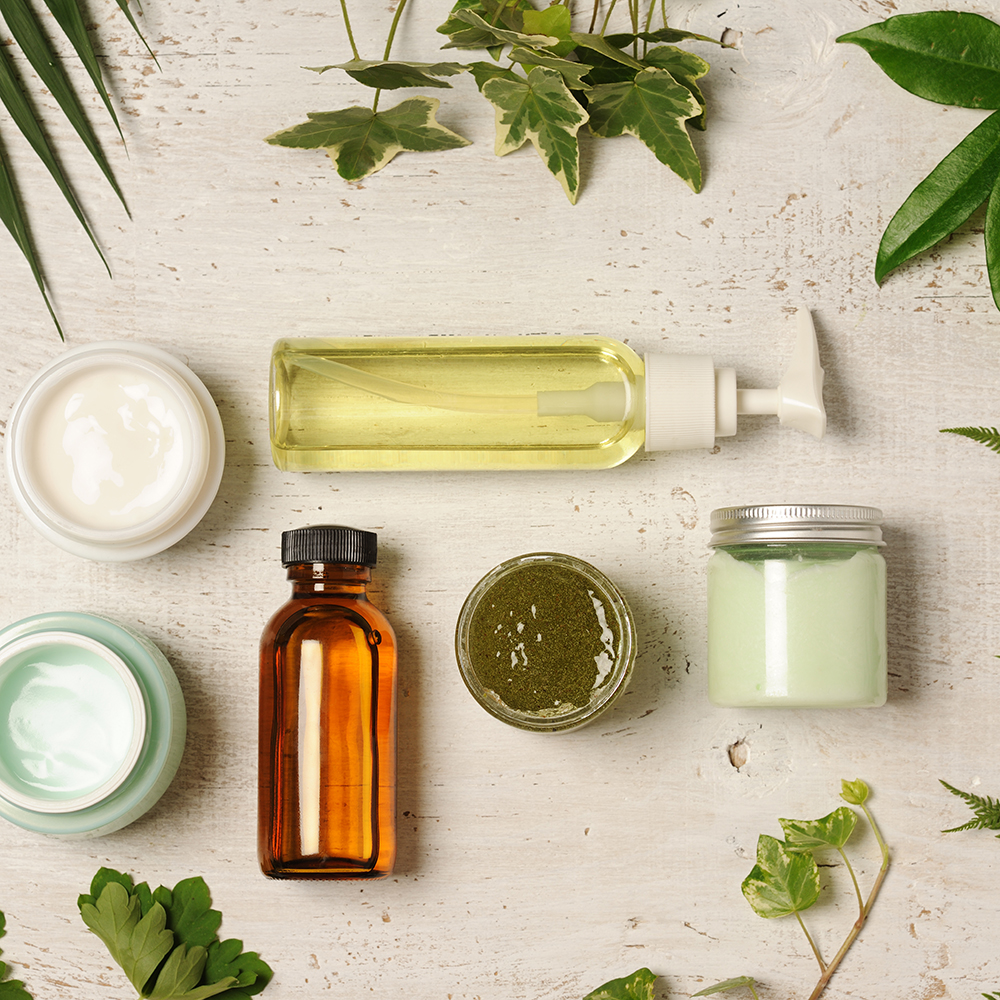
Here are some FAQs that will help you navigate your way through the treacherous jungle of INCIs
First of all, what is INCI?
INCI stands for International Nomenclature of Cosmetic Ingredients and is the acronym paired with cosmetic ingredients, which are normally listed in a cosmetic product in descending order of concentration, meaning that the first ingredient is the one that makes up the product the most.
What are the non-vegan ingredients to check?
Through the INCI, which is generally written in small print and placed on the back of the package, we can independently ferret out the ingredients that are of animal origin, too bad, however, that the list of critical ingredients is very extensive and with names mostly in English or Latin (if of natural origin, then animal or plant). So it is not immediately so intuitive to understand whether the product we have chosen is suitable for our lifestyle! These, for example, are some of the most common ones: Beeswax, Carmine – Cochineal, Cholesterol, Collagen, Enzymes, Gelatin, Hydrolized Animal Protein, Keratin, Lanolin, Propolis, Rennet, Royal Jelly, Shellac, Tallow, Whey, and many, many more.
So is it enough to know by heart a list with all the INCIs?
Knowledge of INCIs is certainly important for evaluating cosmetic products, but knowing a list by heart is not enough. Some ingredients may be of dubious derivation and may be contained in more complex compounds. For example, fatty acids, such as lauric acid, myristic acid, oleic acid, palmitic acid, stearic acid, etc., can be of various derivations, including animal. Take the latter, stearic acid, as an example, is often part of the compound ofAscorbyl Stearate, Cetyl Stearate, Isobutyl Stearate, Magnesium Stearate, Octyldodecyl Stearoyl Stearate, and so on.
Another example of a critical cosmetic ingredient is glycerin, which is present in most products and can be obtained from both vegetable oils and animal fats but also synthetically produced. In addition, glycerin can also be part of more complex cosmetic substances. Therefore, in order not to make a mistake and buy a cosmetic product that is not vegan, it is important to check whether the glycerin used is of plant or synthetic origin.
Let’s also not forget that while recognizing the ingredients, or having discovered that they are of non-animal origin, the manufacturer may have used substances of animal origin during the production process, which may not be declared in the INCI: for example, a hydrolysis with milk protein that is not detectable in the finished product.
Therefore, to be sure that a cosmetic product is free of animal-derived substances, it is not enough just to know the ingredients that make up the INCI! To ensure that a product is vegan, it is necessary to do further research, contact the manufacturer, or opt for products certified by vegan labels such as the V-Label.
Signature: Nadia B.







